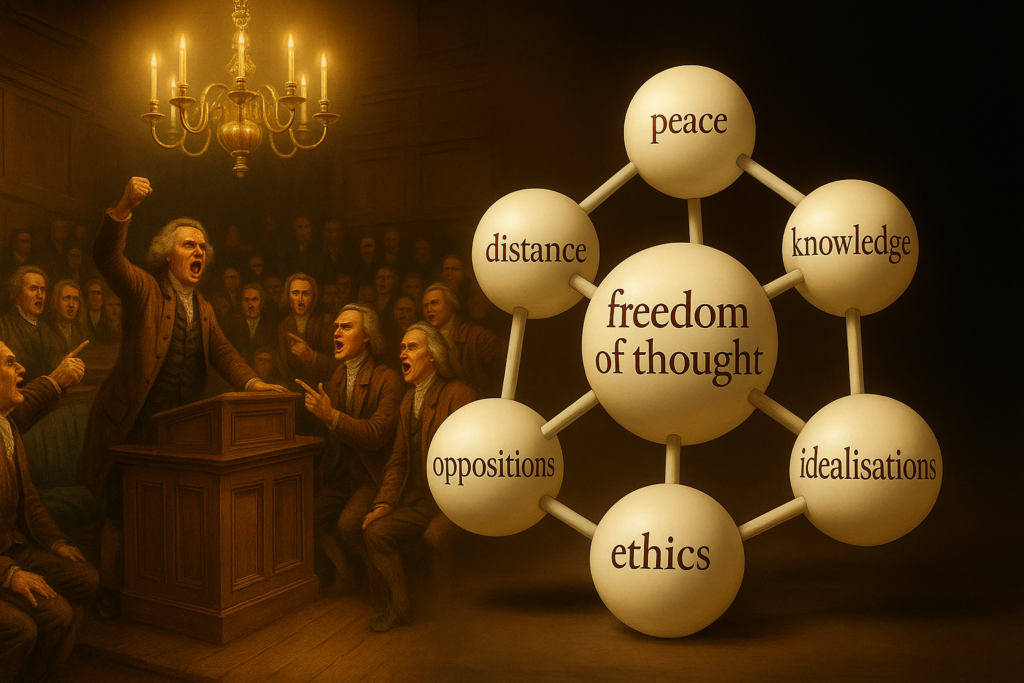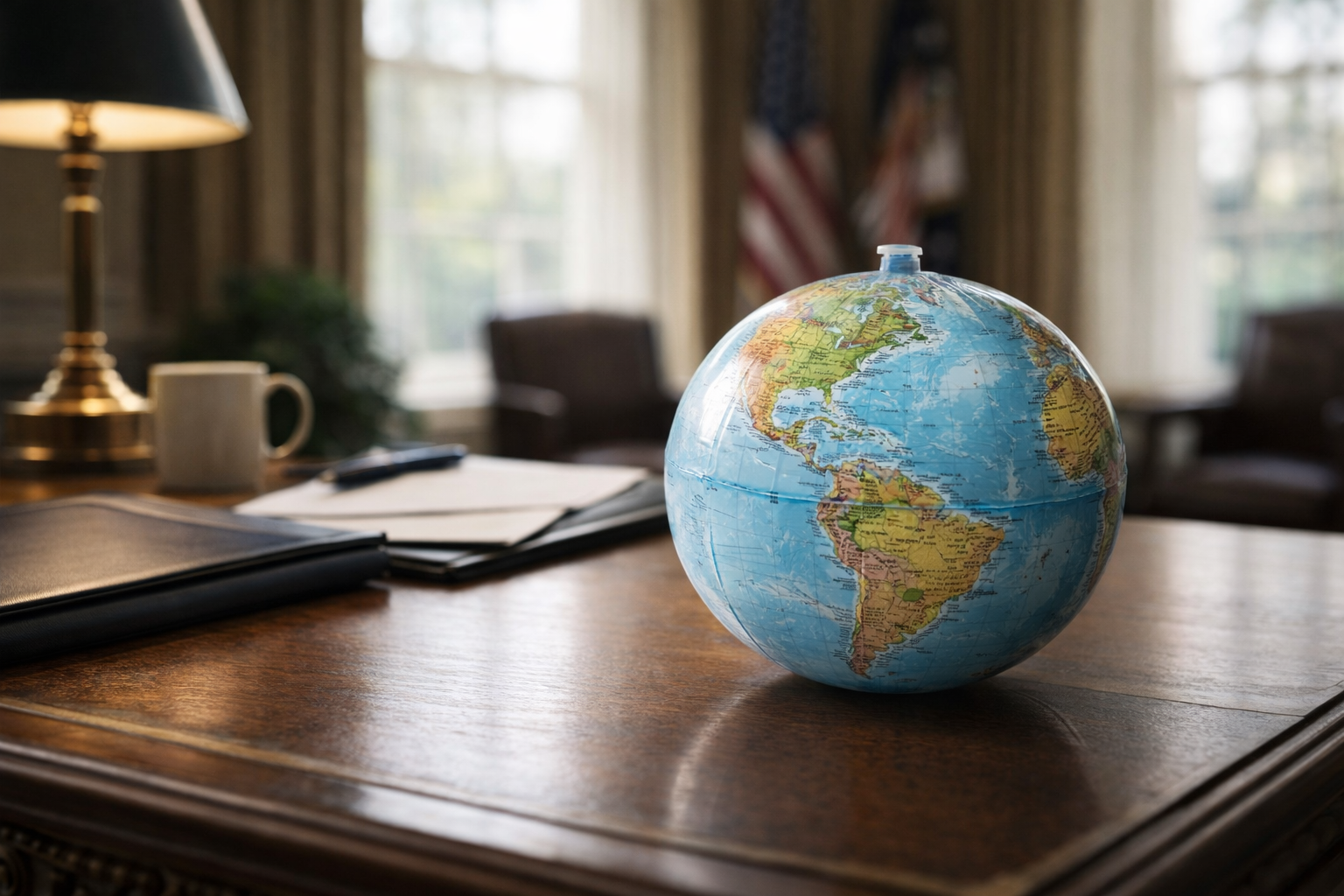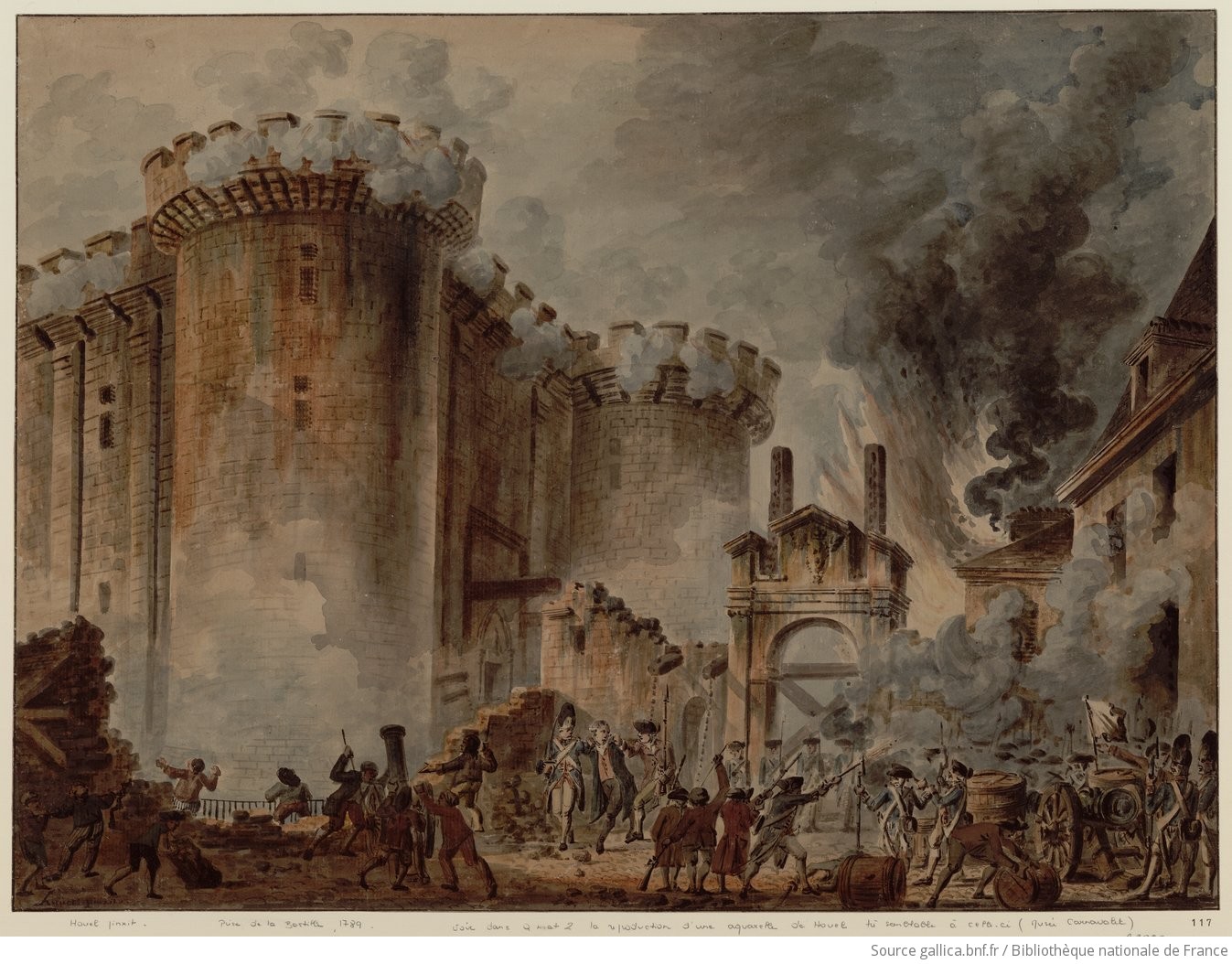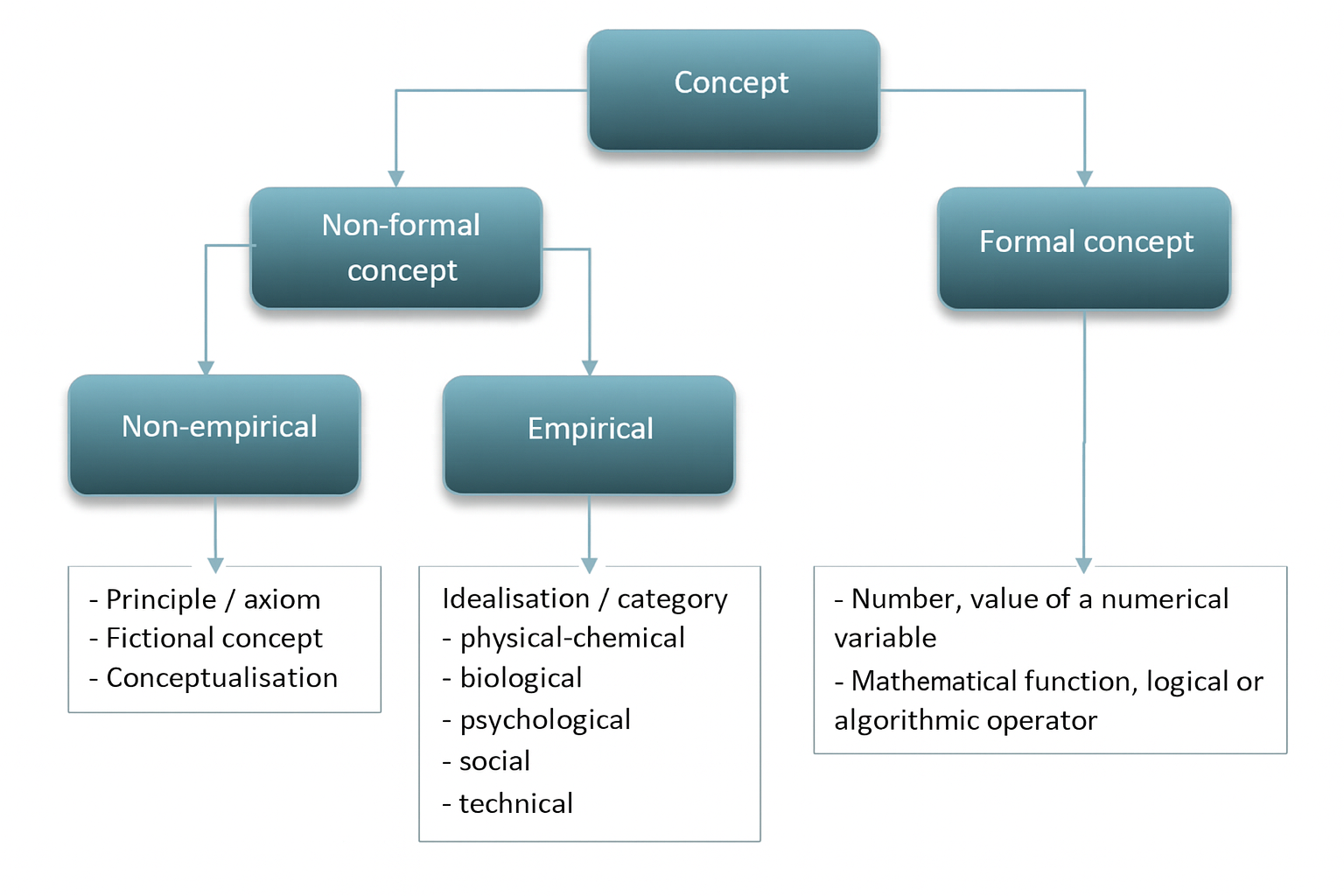Post categories
- Concepts (32)
- Choice-Decision (1)
- Distance (3)
- Economics (11)
- Ethics (2)
- Freedom (4)
- Idealisations (6)
- Nature (1)
- Oppositions (5)
- Politics (9)
- Psychology (5)
- Science (1)
- Techniques (3)
- Truth (1)
- Historical Periods (9)
About

The philosophical reflection I pursue is neither a search for truths nor a hunt for ways to change a world riven by oppositions and idealisations. It rests on a way of life oriented towards freedom of thought, distance and peace.
Last articles
-
How Technologies Are Eroding Creative Destruction
Contemporary technologies inspire radically divergent diagnoses. On one side, they are portrayed as the main engine of a new wave of growth and jobs, driven by automation, computing, the internet, and now artificial intelligence. On the other, they are taken to signal a darker rupture, in which work tends to recede—up to the point of […]
-
Humans and AI: Two Messy Paths to Knowing the World
Over the past two years, large language models (LLMs) have triggered a familiar split in reactions: enthusiasm, alarm, and a growing chorus of criticism. Among the sceptics, Yann LeCun occupies a particular place. As one of the architects of deep learning, he speaks not from the outside but from the very centre of the field, […]
-
Models in Economics and Sociology: A Conceptual Toolbox
Drawing on earlier work that has examined scientific models in a historical perspective,1 with particular attention to physics, this article turns to models in economics and sociology. In this perspective, the aim is less to offer an exhaustive typology of models than to sketch out a general interpretative framework – a conceptual toolbox – for […]
Last snapshots
-

Trump is a Symptom, not the Disease
Since the inauguration of Trump’s second term a year ago, the world has shifted: instead of making America great again, his arbitrary and often violent measures have made the country look increasingly hateful, turning the American dream into a nightmare. By acting like a tyrant, he improves the Democrats’ chances of winning the 2026 midterms.…
-

1789: Sovereignty and the Impossible Harmony of Interests
Robert Darnton’s The Revolutionary Temper offers a vivid picture of the moral climate that preceded 1789. He uncovers the accumulated resentment of ordinary people against the Crown, the nobility, and the clergy—a resentment sharpened by hunger and humiliation. Yet emotions, however intense, do not by themselves make a revolution. They ignite revolt, not political transformation.…



